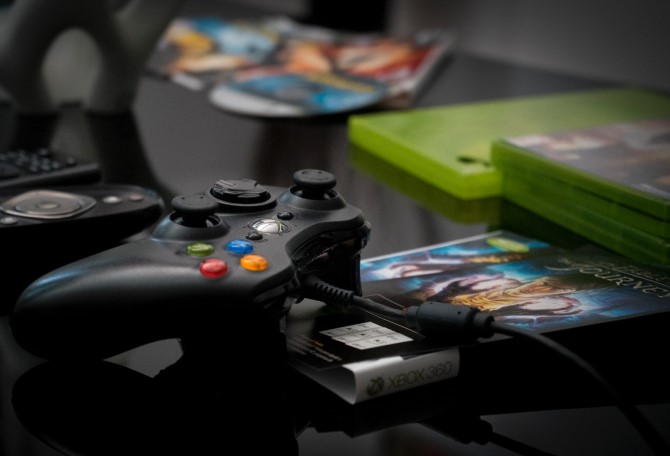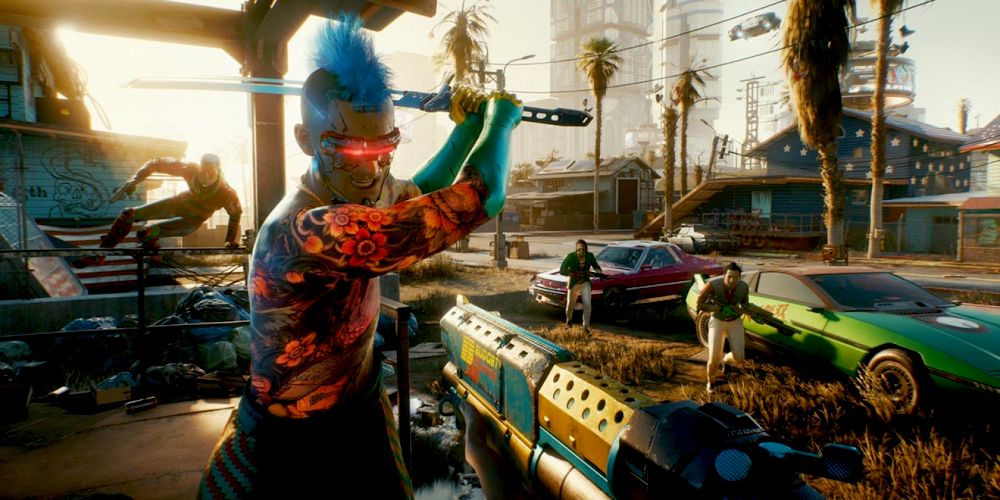The upcoming release of the PlayStation 5 and Xbox Series X is, without a doubt, exciting. Both consoles are said to push out top-notch graphics and operate at speeds that we've never seen before in console gaming.
All of these amazing features come with one major downfall that no gamer wants to face: an uptick in the price of games.
The Slow Increase of Game Prices
For over one decade, the industry-standard price of games has been set at $60. This price tag is steep, but it's mostly acceptable for the high-quality content packaged within a game.
When the price of video games jumped to $60, no one was happy. During the days of the PlayStation, Xbox, GameCube, SNES, and beyond, the standard price of games hovered around $40 to $50.

It wasn't until the mid-2000s release of the Xbox 360 and PlayStation 3 that the standard price of games made the jump to $60. Although the Wii was released around this time as well, games still remained at $50 until the 2012 release of the Wii U.
As time went on, we've become accustomed to paying $60 for a game. Whether you buy a AAA game for the Nintendo Switch, PlayStation 4, or Xbox One, you can expect to pay the same price. It's a price tag we've grown used to over the past 15 years.
The New Standard Video Game Price
With the preorders out for NBA 2K21, you'll immediately notice that the standard version of the game for the PS5 and Xbox Series X is priced at $70. It leaves many of us wondering: will $70 become the new standard game price for the upcoming consoles?

Companies wouldn't raise the price of games just because they feel like it (or so we hope), so there has to be some justification behind the $10 hike. Obviously, the next-gen consoles boast some amazing technology that allows for a much more immersive gameplay experience. That alone can justify the price increase.
Besides that, many AAA game developers like 2K and EA have been criticized for putting microtransactions in games. Take NBA 2K20, for example—on top of paying $60, you're also enticed into handing over some extra pocket change for its randomized player card packs. While you don't have to pay for a chance at earning rewards, it's still a low-blow tactic that 2K uses to squeeze more money out of gamers.
AAA games have been plagued by microtransactions in recent years, and it only makes sense to eliminate in-game purchases altogether with the price increase of games. Of course, this is just wishful thinking.
While it's highly unlikely that developers will get rid of microtransactions completely, they might work to minimize them. Otherwise, there's no point in buying a $70 game that makes you pay for extra content.
How Will a Price Increase Affect Console Gaming?
Now that the price of games might be on the rise, we can only wait and see how gamers react. Are people really willing to pay an extra $10 for games? While diehard gamers will likely splurge on the next generation of games, casual and budget gamers won't be so complicit.
Not only will you have to pay a hefty sum for the PlayStation 5 and Xbox Series X, but you're also expected to pay a higher price for the games that come with it. And if developers decide not to do away with microtransactions, you'll have to pay even more.
A $10 price increase might not seem like much, but it starts to add up when you want to buy two, three, or even four games for your new system. This has the potential to drive away gamers, forcing them to turn to PC gaming, or stick with previous-gen consoles.
